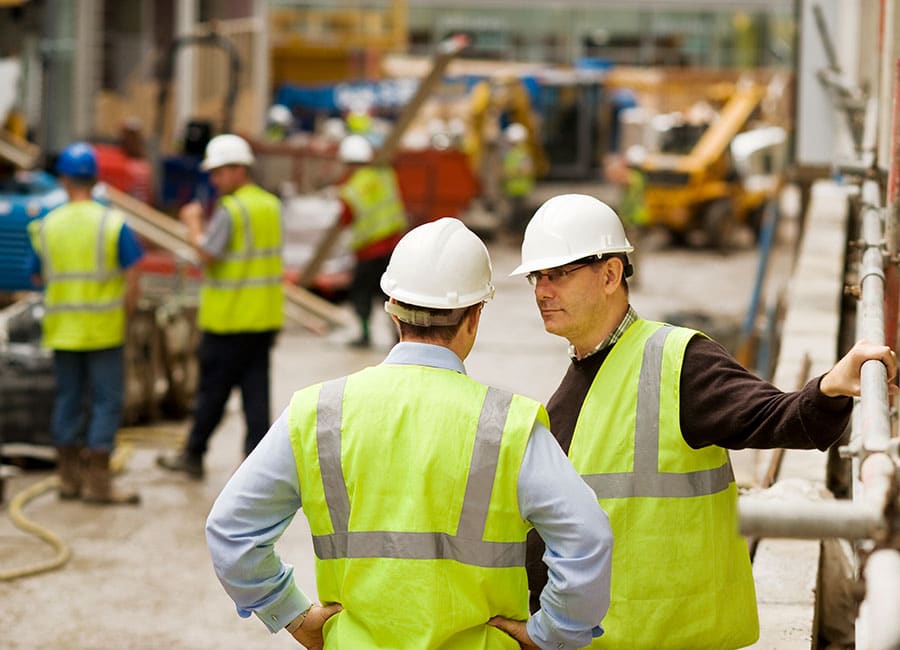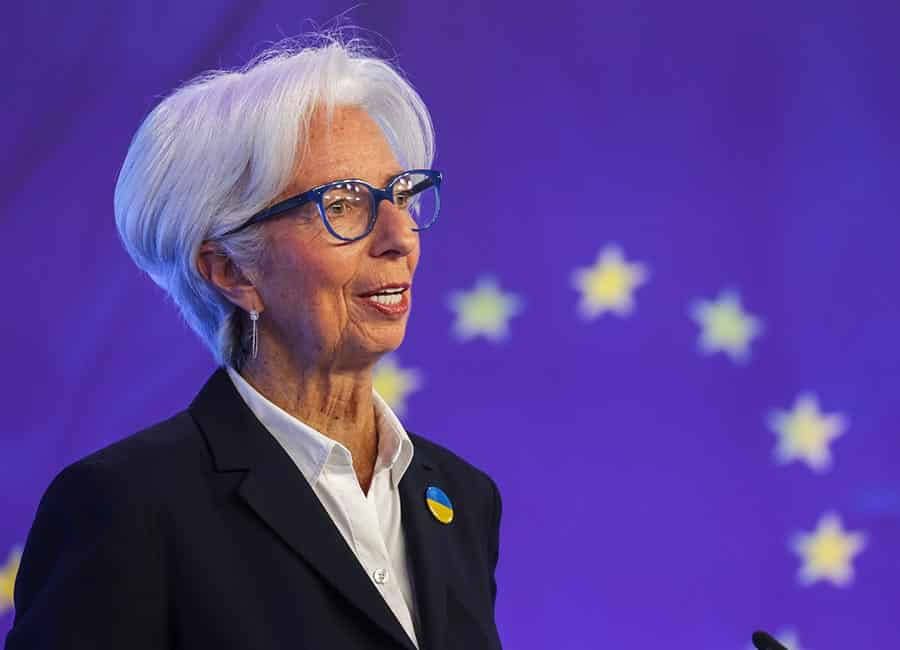Near-record cost pressures helped to depress construction demand in April as new orders declined for the first time in 13 months.
The BNP Paribas Real Estate construction PMI fell for the second consecutive month, from 53.9 in March to 52.5, as activity continued to rise albeit at a softer rate than seen at the start of the year.
Some builders reported that they had caught up on backlogs of work, but prices rises and subdued demand acted to restrict growth.
Housing and commercial construction projects also rose at slower rates while civil engineering activity fell for the second month running.
"The housing sub-index indicates that the strong residential activity that was seen in Q1 continued into April, despite the headwinds of supply chain disruption and increased costs. The commercial activity indicator also showed solid expansion," said John McCartney, director and head of research at BNPRE Ireland.
"This is no surprise as the pipeline of office and logistics property to be delivered this year is at its highest since 2008. Civil engineering was notably weak, however, with the April reading showing an outright contraction in activity for the second successive month.
"This coincides with reports that spiking energy and materials prices were making contractors less willing to take-on public works contracts."

Companies overall highlighted that input prices rose at their second-highest rate since the survey began in June 2000, with refrigerant gas and wages the only items declining in price month-on-month.
Increases in the cost of energy and fuel, shortages of raw materials and the war in Ukraine were all cited as key factors behind severe cost pressures, matching the findings of a recent Society of Chartered Surveyors Ireland study.
Employment and purchasing activity increased, as efforts to complete projects intensified.
Supplier delivery times continued to lengthen markedly but the rate at which lead times increased was the least pronounced since August 2020.
(Pic: Getty Images)











